Spotify CEO’s Advice For Struggling Musicians: ‘Work Harder’
While pandemic-induced lockdowns have contributed to the popularity of streaming and podcasts, the vast majority of musicians and creators are struggling more than ever without income from concerts and merch sales. Spotify’s only hot tip for these musicians and podcasters? Work harder.’
Guest post by Fred Jacobs of broadcast radio consultancy Jacobs Media Strategies
Like so many other facets of our world, COVID-19 has accelerated trends that were already in place. Millions were working out at home on Peloton bikes (and similar systems) pre-pandemic. But now, this fitness regiment has become a trend.
It’s the same thing with tele-health, virtual meetings, and work from home.
And in the world of music, streaming and podcasts continue to grow in popularity and importance, perhaps strengthened by consumers spending more time at home and on their smartphones. And while brands in these spaces may be benefiting from increased on-demand usage, you’d have a tougher case to make that musical artists and podcast publishers are in considerably better financial shape.
“for everyone else, it’s a feeding frenzy, made considerably more difficult by a smaller pool of money-making outlet”
In fact, if your name isn’t Swift, Sheeran, or Rogan, chances are good you’re scrambling and scraping to make enough money from your artistry to survive. On top of that, performance outlets have been decimated by the pandemic. The end of concerts and podcast theater appearances have suppressed revenue, including merch. Given the arc of COVID-19 in this country, there’s no end in sight.
Artists and publishers at the top of the pyramid were already set (assuming they’ve been vigilant about their investments and maintaining their brands). But for everyone else, it’s a feeding frenzy, made considerably more difficult by a smaller pool of money-making outlets.
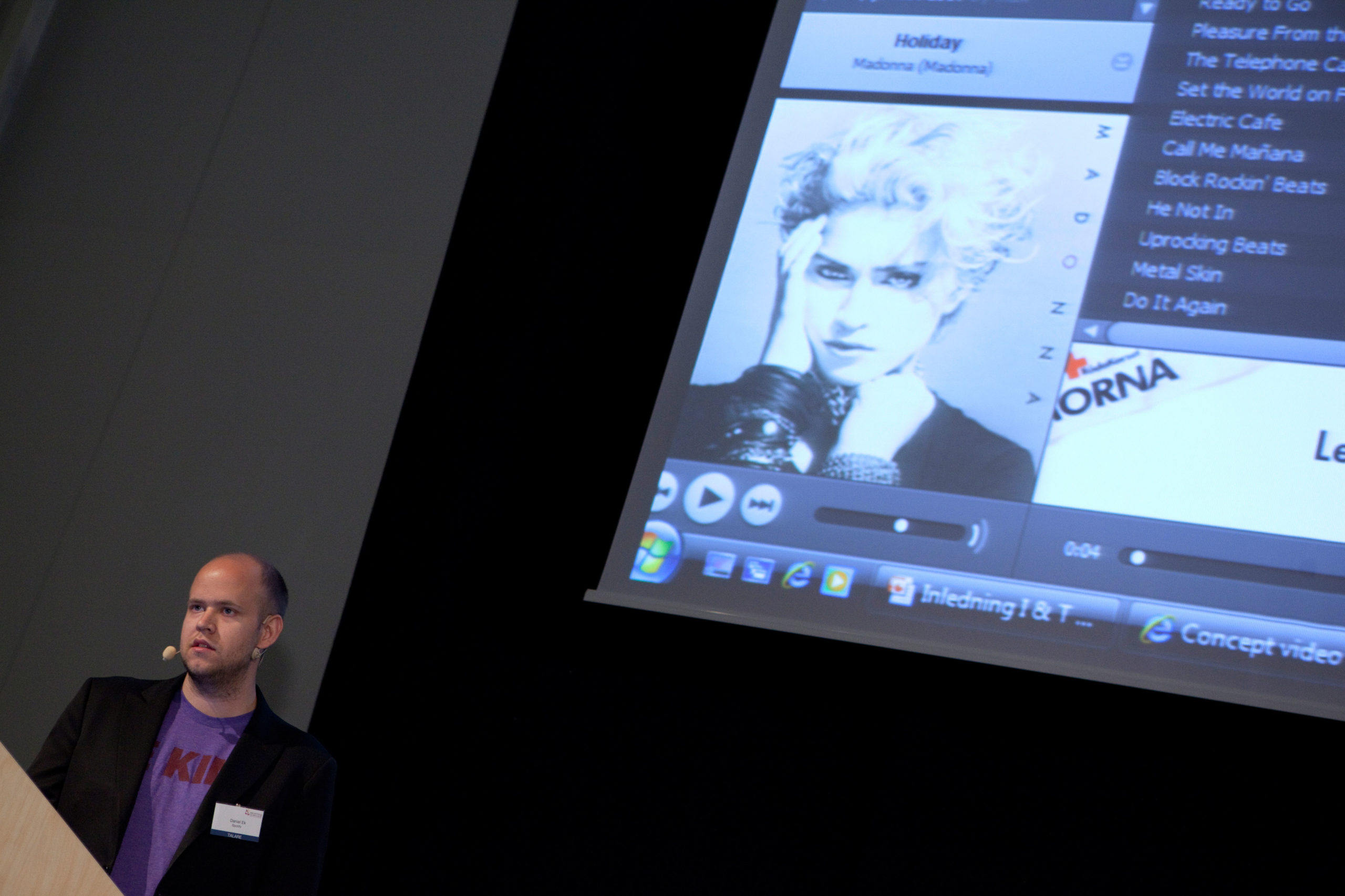
It also doesn’t help that music streaming royalties can’t sustain most artists. At his recent earnings call, Spotify CEO Daniel Ek had good news for those fortunate enough to have invested in his company. However, the prospects for the vast majority of artists and podcasters who make up the bulk of his platforms usage metrics aren’t as abundant.
A great story in Music Ally by Stewart Dredge last week broke down the controversial financial relationship Spotify has with artists. In his rosy narrative, Ek made this claim:
“Gone are the days of Top 40; now it’s now the Top 43,000.”
It’s a reference to Spotify data that shows that for the top 10% of its streams, the number of artists is now 43,000 strong – up 43% from a year ago.
Ek pointed to Spotify’s mission – “to enable more artists to live off their art, and it’s really coming through in the numbers. More and more artists are breaking through in a big way, being impactful and creating new fan relationships.”
As Dredge points out in the Music Ally piece, not everyone in the industry is enamored with Spotify’s “share the wealth” program. More and more musicians have stepped up and vocally complained about their paltry take from their streaming airplay.
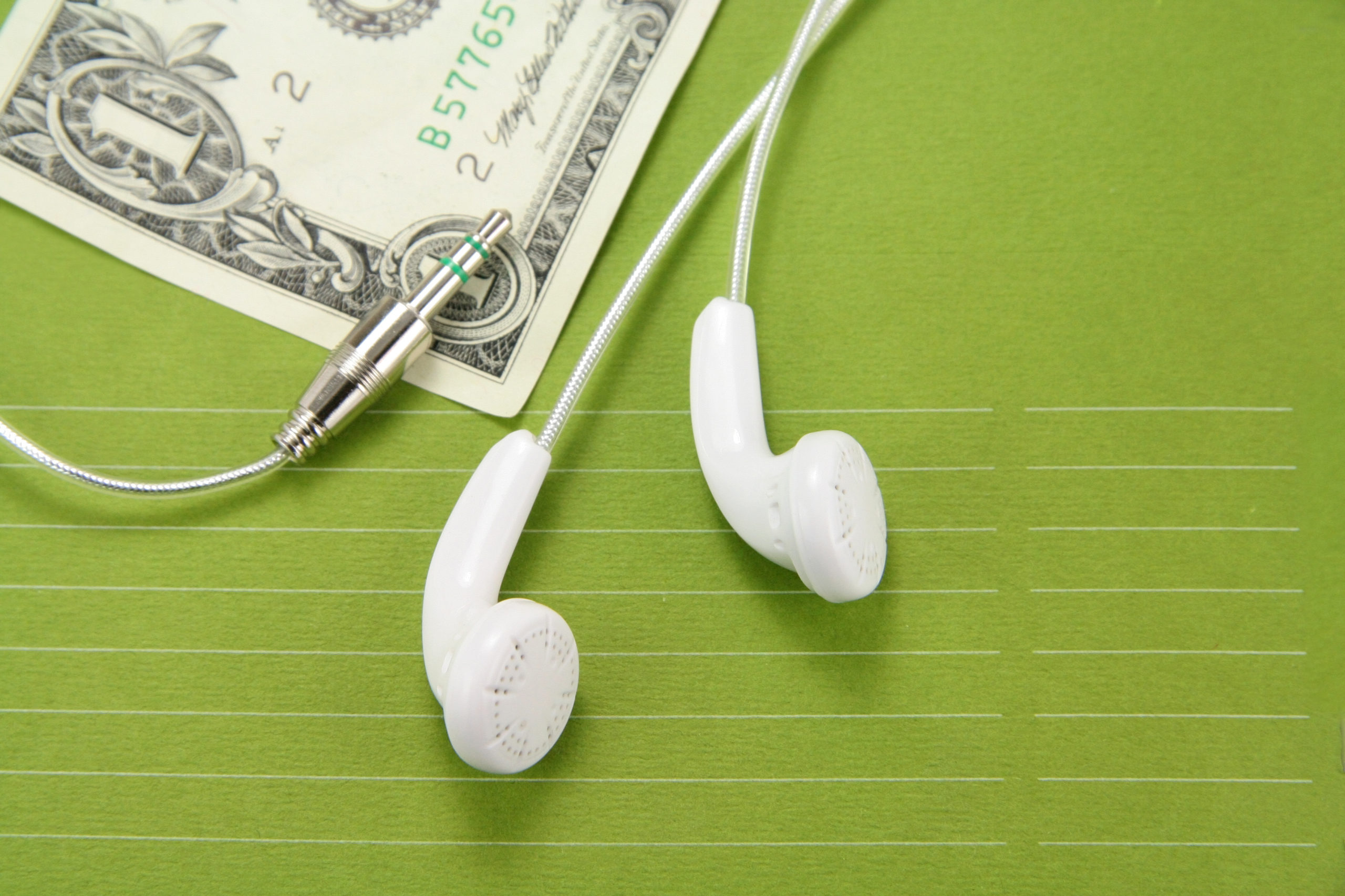
To that, Ek acknowledges how the lack of concerts and touring since COVID has greatly damaged the earnings of musicians. He points the finger at reporting, claiming the loudest voices are the unhappiest:
“I don’t think I’ve ever seen a single artist saying ‘I’m happy with all the money I’m getting from streaming.’”
But Ek saved his real criticism for artists whose income has been negatively impacted by the changes in technology, and how money is now made in the industry:
“…You can’t record music once every 3-4 years and think that’s going to be enough.”
That’s the equivalent to the way broadcast radio CEOs put an end to the notion that many DJs had a “4 and out the door” work ethic just a few years ago. That is, doing their four-hour show (or worse “shift”) and calling it a day.
Ek says that today’s successful musicians – and he pointed to Taylor Swift – are multi-faceted, engendering connections with their acolytes that go well beyond putting out an album every once in a while, touring a bit, and kicking back in their castles.
“The artists today that are making it realize that it’s about creating a continuous engagement with their fans; it is about putting the work in, about the storytelling around the album, and keeping a continuous dialogue with their fans.”
In other words, work harder, be more strategic with your musical careers, and follow the money.
This might have even become a more difficult “sell” for Ek as even many top tier musical artists consider the Rogan podcast, worth a reported $100 million – not even close to the net income generated by streaming by superstar artists.
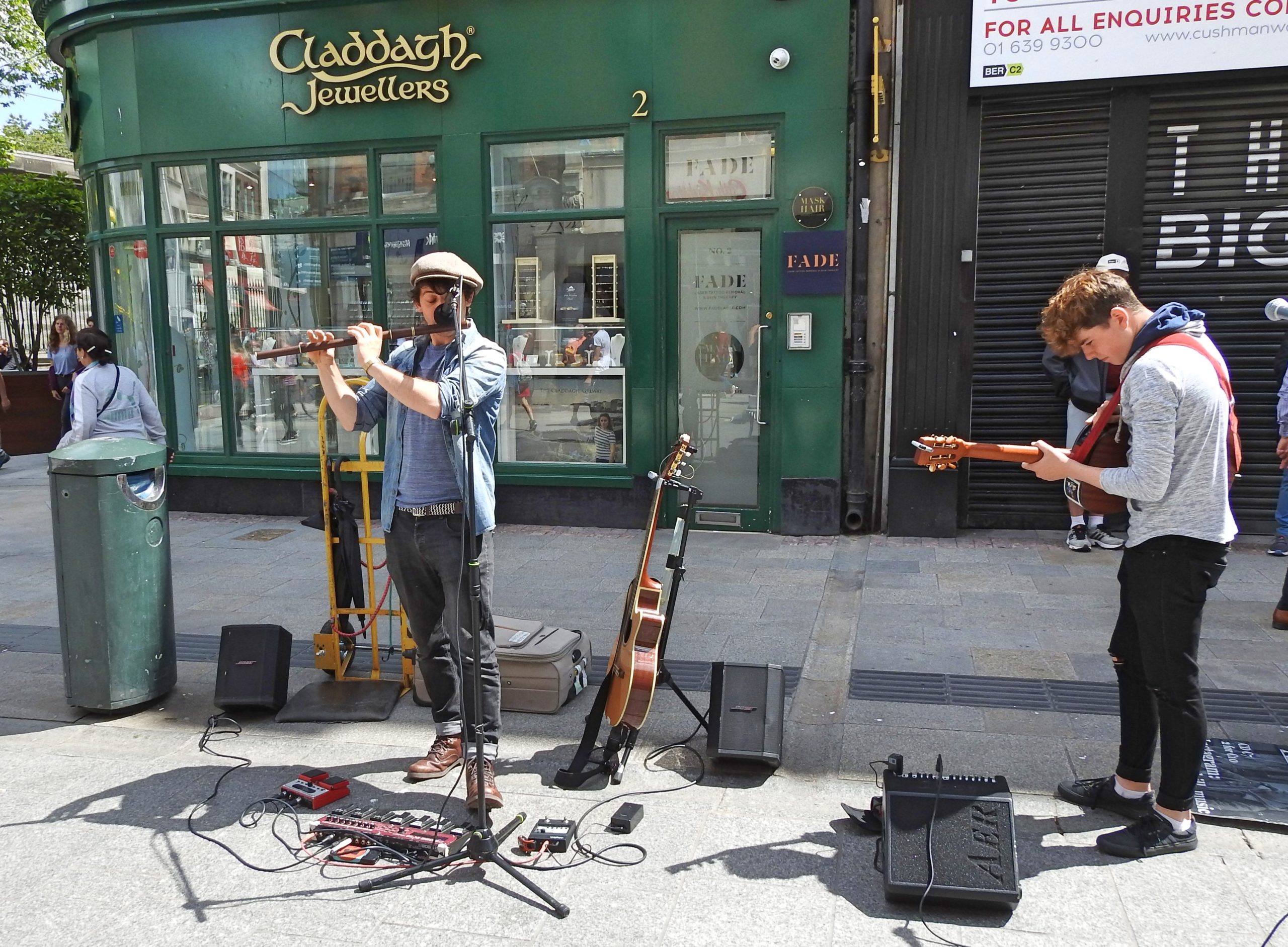
As for the little guys – and gals – hustling and bustling to make a living with their music, there’s not even a conversation to be had.
And so, does this primer on “The Music Economy – 2020” take us full circle back to radio?
The world of big label deals, platinum albums, satin jackets, and stadium tours may be a thing of the past, especially in today’s era of COVID and Spotify.
But the tarnished relationship between bands and broadcasters might benefit from some healthy reflection, re-examination, and re-imagination.
Just as those who make their living from their musical art have been crippled by the pandemic, broadcast radio is suffering, too.
For now at least, the end of station festivals, concert advertising, as well as advertising revenue from restaurants, bars, and venues has created a world of hurt for radio.
On top of that, even contesting – especially for stations that heavily relied on concert and event tickets as their ratings rocket fuel – has imploded since those fateful days of March.
But the incomes of both musicians and broadcasters could be greatly enhanced during these perilous times by a renewed sense of collaboration (not collusion).
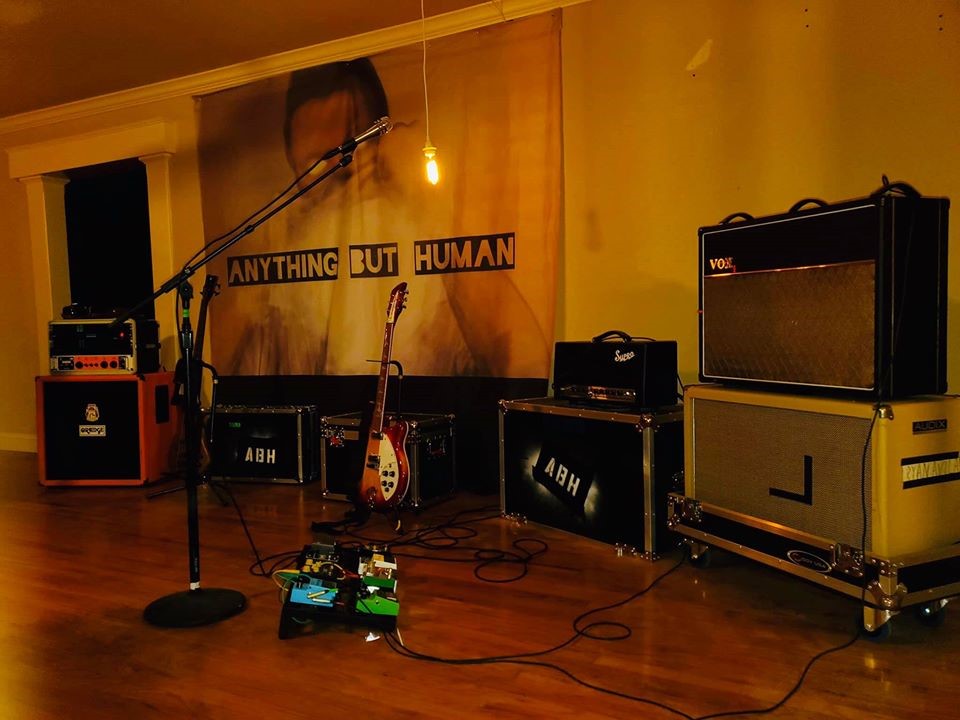
Those who make great music, whether they’re a seasoned Classic Rocker unable to play the “sheds” this summer, or any of the thousands of up and coming bands like Dallas-based trio, Anything But Human, they have content, fan clubs, and the ability to share it – in other words, access, to offer.
Combine that with broadcast radio’s still powerful cumes (making a recovery since the early days of COVID), personalities (in some cases), brand equity, and local connections.
And you’ve got a potent combination, reminiscent of those halcyon pre-MTV days.
For stations where that may be uncomfortably risky to showcase up-and-coming artists or local bands on their main channels, their digital outlets – whether their websites, mobile apps, social pages, podcasts, or HD-2 channels – represent new, novel, and effective ways musicians of all stripes can be heard – and seen – by audiences all over the country.
Artist interviews, intimate livestream concerts, virtual events, and other engagement activities are all within both industries’ reach. It’s more about whether the two can forge a path to work together in a more strategic way that has less to do with “adds” and more to do with access and engagement.
Spotify might make great playlists, but radio and musicians creating newly defined, mutually beneficial relationships can make great connections and build strong brands – especially at a time when both are hurting.
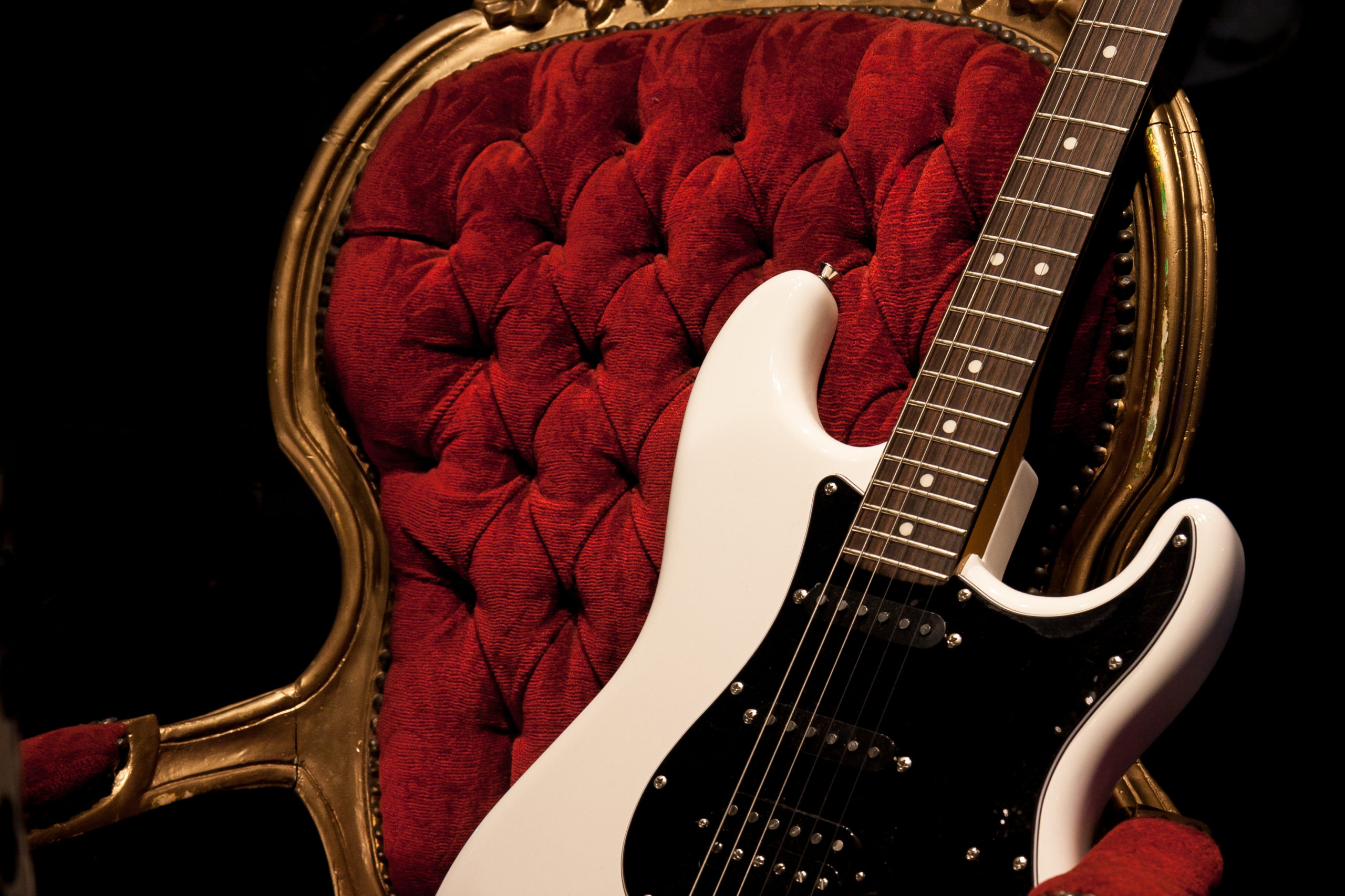
Daniel Ek and Spotify are going to do whatever they can do to satisfy their investors and grow their stock price. They are smart people and great practitioners of spin.
Broadcast radio and the music industry may have a unique opportunity amidst the chaos: a chance to fill the void each co-conspired to create by rekindling relationships that have fallen out of favor, or have been branded “old school” by executives like Ek, Zuckerberg, Bezos, and today’s sanctimonious tech titans.
Should musical artists be pushing themselves, seeking new revenue and engagement avenues, and in Ek’s words “Work harder?”
Or should they also be working smarter?
Along with radio, they need to do both, especially in an environment where the rules are changing daily, and the next chapters are being written as I submit this post.
Dell Technologies CEO Michael Dell told The New York Times over the weekend how 2020 is already a milestone year:
“We’ve kind of got a glimpse of the future here.”
Or as Yogi Berra put it:
“The future ain’t what it used to be.”
So, let’s make a new future.
A transcript of the Spotify earnings call is here, courtesy of Seeking Alpha.
Thanks to Gigi Ghibon-Elhenawy & Anything But Human.
Fred Jacobs founded Jacobs Media in 1983, and quickly became known for the creation of the Classic Rock radio format.
Jacobs Media has consistently walked the walk in the digital space, providing insights and guidance through its well-read national Techsurveys.
In 2008, jacapps was launched – a mobile apps company that has designed and built more than 1,300 apps for both the Apple and Android platforms. In 2013, the DASH Conference was created – a mashup of radio and automotive, designed to foster better understanding of the “connected car” and its impact.
Along with providing the creative and intellectual direction for the company, Fred consults many of Jacobs Media’s commercial and public radio clients, in addition to media brands looking to thrive in the rapidly changing tech environment.
Fred was inducted into the National Radio Hall of Fame in 2018.